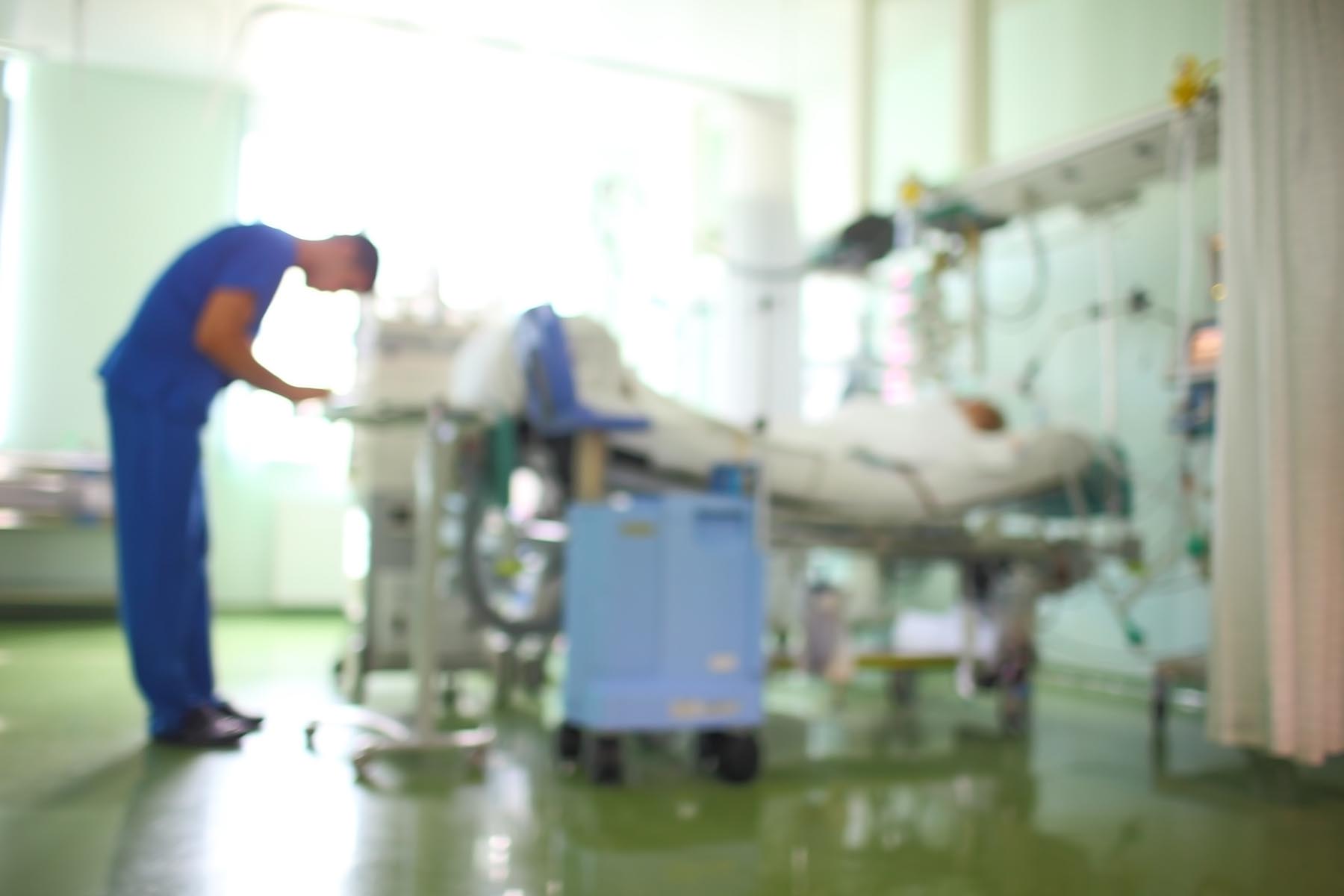When the coronavirus began taking its toll on New York City and overwhelming hospitals, providers around the country looked into how they might help. Faline Taylor, a traveling nurse from DFW (and the wife of D CEO’s Advertising Director Rhett Taylor), made the decision to head to New York as jobs began drying up in North Texas when elective procedures were postponed. What she found shocked her.
She began to work nights in a New York City hospital where COVID-19 had hit hard. Taylor had concerns about contracting the disease, but felt that there was a great need, and knew with the economic slowdown that she should take a job with good pay if she could find one. “When I first got there, I was super worried, wondering if I was going to get it,” she says. “But once you are 10 patients deep, you just let that pass you.”
The devastation wreaked by the disease was tough to deal with, but Taylor found that the care being provided and communication between staff were bigger concerns, describing it as “outrageous and negligent.”
The hospital was caring for many elderly patients, and Taylor felt like the prevalence of COVID-19 made every patient a coronavirus patient, even if they had more pressing issues. She says about 75 percent of the hospital was only treating the virus, and when she first arrived in April, around eight of her 10 patients had it, and many of the usual nurses were themselves infected. She has seen patients with burns, heart failure, and other illnesses be treated for COVID-19, often at the neglect of what could be a more pressing medical issue.” Not everyone presents the symptoms the same, but they are ignoring the other things that are contributing to their demise,” she says.
A big factor, Taylor says, is the lack of family who is there to advocate for treatment and who know the patient well. It can be difficult to figure out a baseline if there is someone there who can speak to what they are normally like. With family members, Taylor says, “the patient always felt like they had an advocate they could reach out to.”
Taylor also found fault with the level of communication between the staff at the hospital. The facility isn’t one that normally has traveling nurses, which might contribute to the unwelcome feeling she experienced upon arrival. “From the moment we stepped on the floor, they didn’t want us there,” she says.
It impacted her ability to best care for her patients. She felt like her suggestions were brushed off by the physicians, which was different than her usual experience as a traveling nurse. “Usually even if they don’t know you, if they can tell you know what you are talking about, they listen to you,” she says.
Taylor says that vital signs were not checked often enough, and it was a strange experience for her not to know what was going on with her patients. She said requests for labs, x-rays, and other needs often went unfilled. “I don’t know if they were overwhelmed, but the hardest part was seeing how much they didn’t care.”
She said it was difficult for the facility to keep up with the amount of waste created by all the PPE, with providers undressing in the hall after working in COVID-19 rooms.
The experience wasn’t without bright spots. Taylor felt that the medical techs who spent the most time with the patients cared deeply for their charges, even as she had to wrap up many patients in body bags throughout her time in New York. At the peak, she was having to do a cardiac arrest code six to 10 times a night, and losing two to three patients each shift to COVID-19.
Toward the end of her time in New York, many of the local nurses who had been out sick returned to work as the number of new patients also abated. When she reflects on her experience, she is glad she went to help the patients and their families but was troubled by the attitudes of many of the people with whom she worked. “I probably learned what I don’t want to do or go into as a nurse,” she says.
Taylor is now home and has tested negative for COVID-19 antibodies.






